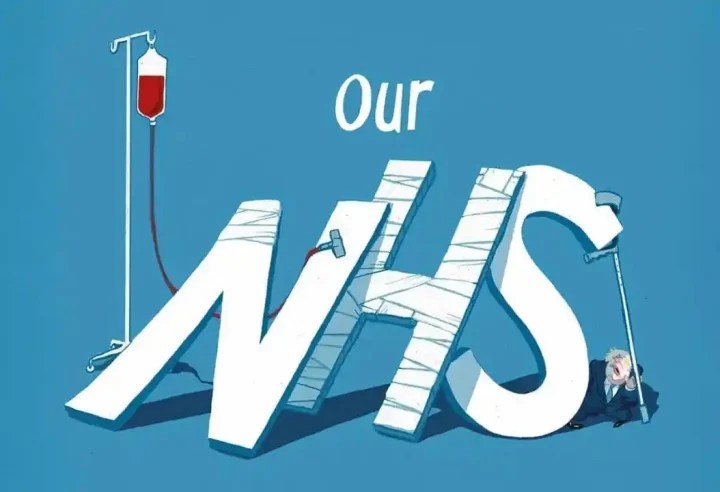How long are the NHS strikes going to go on for? The collapse in agreement on nurses’ pay over the Easter recess has made it much harder for ministers to push the British Medical Association towards a deal on junior doctors’ pay, as well as undermining Rishi Sunak’s positioning as someone who gets things done. The Royal College of Nursing is now balloting its members on further strike action after they narrowly rejected the pay offer made by the government. Today, Health Secretary Steve Barclay was summoned to the Commons to answer an urgent question from Labour’s shadow health secretary Wes Streeting on how the government planned to stop further strikes. Both men have said publicly that they disagree with the walkouts, but of course the Labour line is that the strikes wouldn’t be happening because the party would somehow be better at negotiating with the unions.
Streeting was particularly combative today, demanding that Barclay ‘look cancer patients in the eye, while they wait for life-saving treatment, and tell them to tough it out, as they are the ones who will pay the price for his failed approach’. He also accused him of being an ‘invisible man’ who had been ‘largely absent’ recently. Barclay’s approach was to tough out the session itself, giving the same basic answer to almost every MP, which was that the RCN result had been narrow, Unison members had backed the pay offer, everyone needed to wait for the NHS Staff Council to give its view on the deal before going ahead with more industrial action.
Streeting was particularly combative today, demanding that Barclay ‘look cancer patients in the eye, while they wait for life-saving treatment
The ‘tough it out’ line comes from briefings to the press over the weekend – but it’s one I reported on Coffee House quite a while ago. The belief that the government could yet win over pubic opinion in a long war of attrition is something Whitehall figures continue to hold onto, as patients have their operations cancelled repeatedly as a result of more strike days. It’s a risky strategy, though: in previous long-running disputes, the war of attrition has ended up damaging both sides, rather than a clear winner emerging. And it is a dead cert that the health service will be damaged still more as it tries to catch up on its backlog and maintain public confidence.
MPs from all parties had their own stories about falling public faith in the system. Labour’s Chris Bryant put it well when he talked about poor families in his seat spending their life savings in order to access treatment because they felt it was their only option. Time was when the health service existed in place of fear of having to spend – or not being able to afford – treatment. There is going to have to be a lot of toughing out before the current crisis abates.







Comments